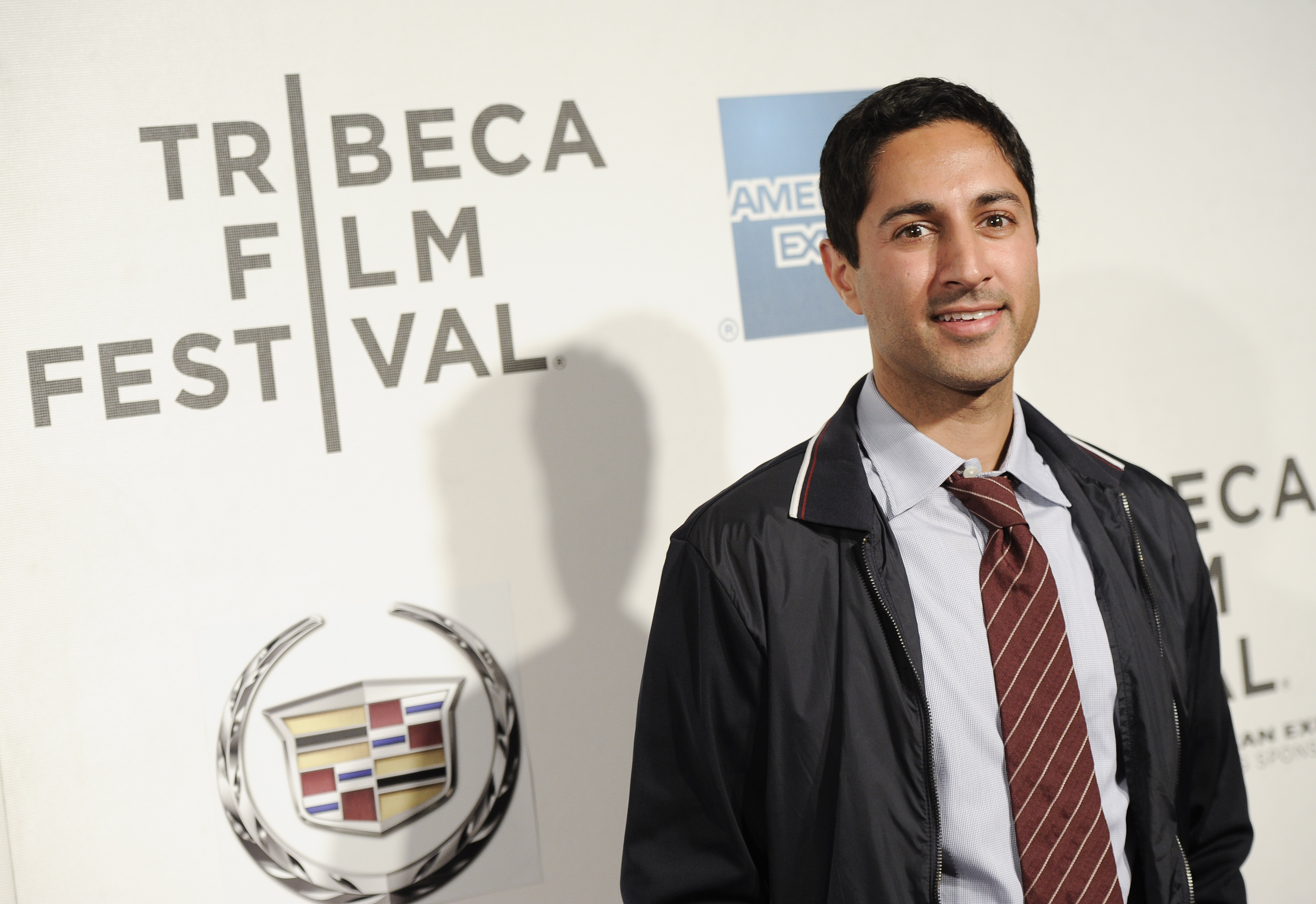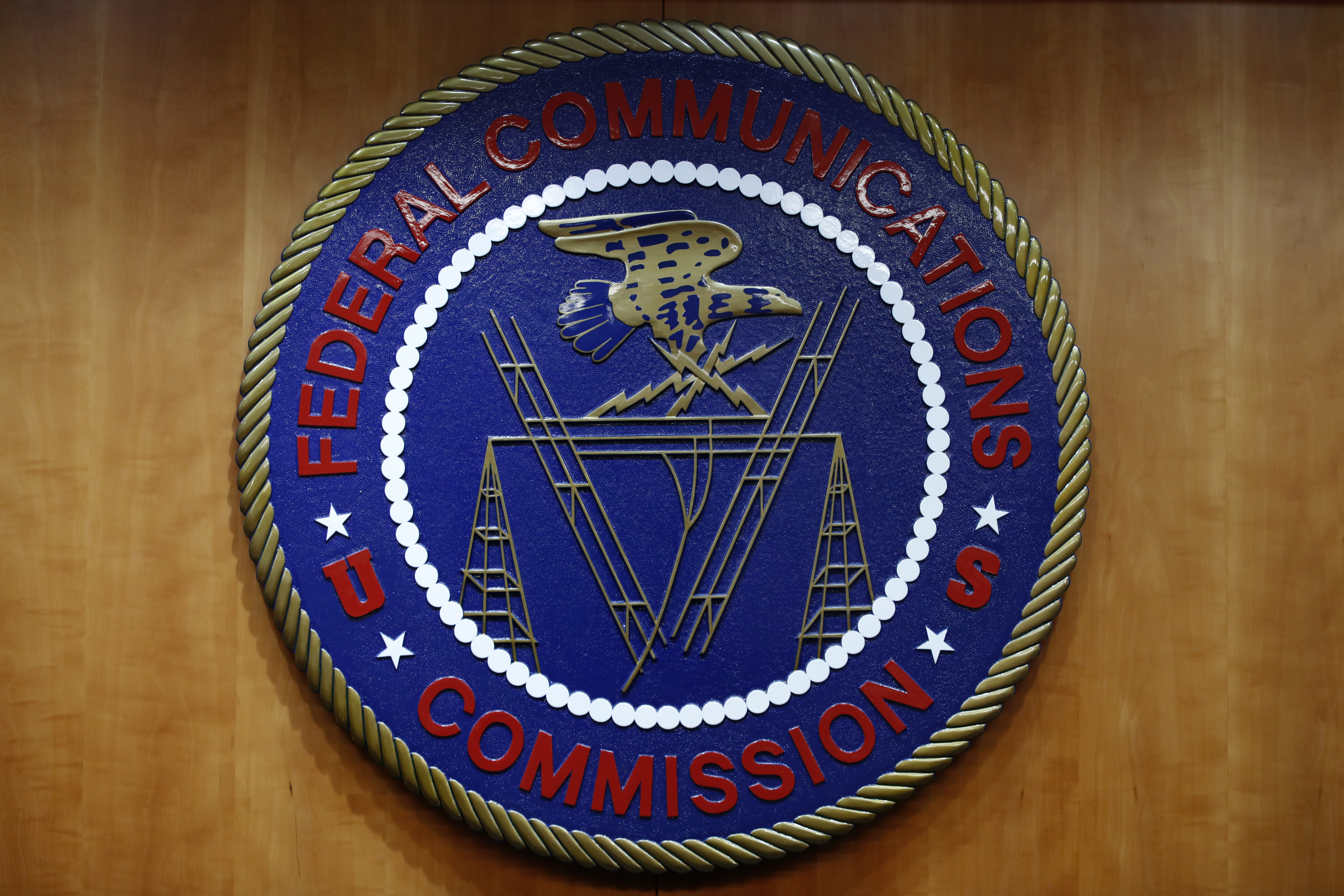Now that he's safely into his second term, President Barack Obama ought to show some gratitude through his 2013 NCAA men's basketball tournament bracket.
That's one theory, anyway.
Whether Obama allows politics to influence his brackets is hard to know. But look closely enough at his 2013 choices and it's possible to decipher a bias for blue states, including a couple swing states that delivered him a second term.
Eleven of Obama's choices for the Sweet Sixteen are in states that voted for him in November, including five battlegrounds. Two of them, Ohio State and Florida, are among his picks for the Final Four.
But after that, the theory gets wobbly. For the national championship, Obama picked Louisville and Indiana, both in states that voted for his Republican opponent, Mitt Romney. The president predicted that Indiana—representing a state that voted for him in 2008 then switched sides in 2012—would win it all.
Which raises another possibility: perhaps Obama, who no longer has to worry about getting re-elected, feels freed enough from politics to publicly support an all-red final.
Then again, maybe Obama was being completely straightforward when he appeared on ESPN Wednesday morning to fill out his official bracket. He made no mention of politics, but admitted an extreme bias for the Big 10, using that as an explanation for several of his picks. In all, Obama predicted that five Big 10 teams—Indiana, Ohio State, Michigan State, Wisconsin and Michigan—would reach the Sweet Sixteen.
U.S. & World
The day's top national and international news.
The president admitted to choosing Syracuse to also reach the Sweet Sixteen largely because Vice President Joe Biden went there. Obama joked that if he didn't pick the Orangemen to advance, Biden would stop talking to him.
Obama wasn't so kind to his own alma mater, or his home state.
For the second consecutive year, he overlooked Harvard, where he attended law school and where the men's hoops team is looking for its first NCAA tournament win.
The president, who lives in Chicago, also picked Illinois to get eliminated in the second round.
Republicans took Obama's announcement as an opportunity to needle the president on his poor record of delivering on-time annual budget proposals. "Clutch with his brackets. Late with his budgets," the House Republican Conference teased in a video uploaded to YouTube.
On Friday, Obama will unveil his bracket for the women's tournament. Early word from ESPN has his Final Four picks as Baylor, Connecticut, Notre Dame and California.
Obama has publicly announced his NCAA brackets in all five of his years in office, and his success rate is so-so. Last year, he correctly picked two men's Final Four teams, Ohio State and Kentucky, but his choice for champion, North Carolina, was knocked out early.
He correctly picked North Carolina as the champion in his first presidential bracket in 2009, then went with Kansas for the next two years; each time, Kansas failed to even come close to the finals.
That, finally, is what brings us to the theory that seems to hold up best: Obama, like any politician in good standing, is taking no risks.
The president's Final Four grouping includes two No. 1 seeds, a No. 2 seed and a No. 3 seed. He has both of those No. 1 seeds advancing to the championship game.
"He's not going out on limb—he's picking teams with the best odds, said Rider University journalism professor and basketball writer Aaron Moore. "So if he loses, he can look like everyone else. He'd look goofy if he picked a dark horse. He doesn't want to look that far out of the norm."
Moore added: "Mitt Romney would have the same Final Four."
John Sayle Watterson, a sports historian and author of the book "The Games Presidents Play: Sports and the Presidency," likened Obama's bracket ritual to throwing the ceremonial first pitch at a baseball game: it's politically safe, and quintessentially American.
"Doing this is something that is going to connect with a lot of people who are doing the same thing," Watterson said.



